8 Surprisingly Healthy Foods That Have High Cholesterol (And Why You Shouldn't Worry)
When it comes to food and health, advice is always evolving. One thing that hasn’t changed is how confusing cholesterol can seem. Many of us grew up hearing that eating high-cholesterol foods would clog our arteries and raise our heart attack risk, so we learned to say no to foods we actually enjoyed. Fast-forward to today, and nutrition science tells a more empowering story: the relationship between the food you eat and the cholesterol in your blood is much more complex than those old warnings made it seem.
1. Myth #1: Cholesterol In Food Isn't What You Were Told

For decades, eating foods rich in cholesterol was nearly synonymous with harming your heart. But current science paints a different picture. Dietary cholesterol (the kind found in foods) is not a direct highway to high cholesterol in your blood for most people. The body carefully manages its own cholesterol production, often making less when you eat more. For the majority of healthy adults, shifts in dietary cholesterol only have a modest effect on blood cholesterol levels. Instead, saturated and trans fats play a bigger role in influencing LDL (“bad”) cholesterol.
2. Eggs

Eggs have long been in the spotlight—sometimes as a health villain, sometimes as a breakfast hero. A single large egg contains about 185 milligrams of cholesterol, found primarily in the yolk. Decades ago, experts advised strict limits on egg consumption, fearing a spike in blood cholesterol. But more recent, large-scale studies have shown that for most healthy people, eating eggs in moderation does not increase the risk of heart disease. Eggs bring powerful health bonuses, too: they’re packed with high-quality protein, B vitamins, vitamin D, lutein, and choline, supporting brain and eye health.
3. Shellfish (Shrimp, Crab, Lobster)
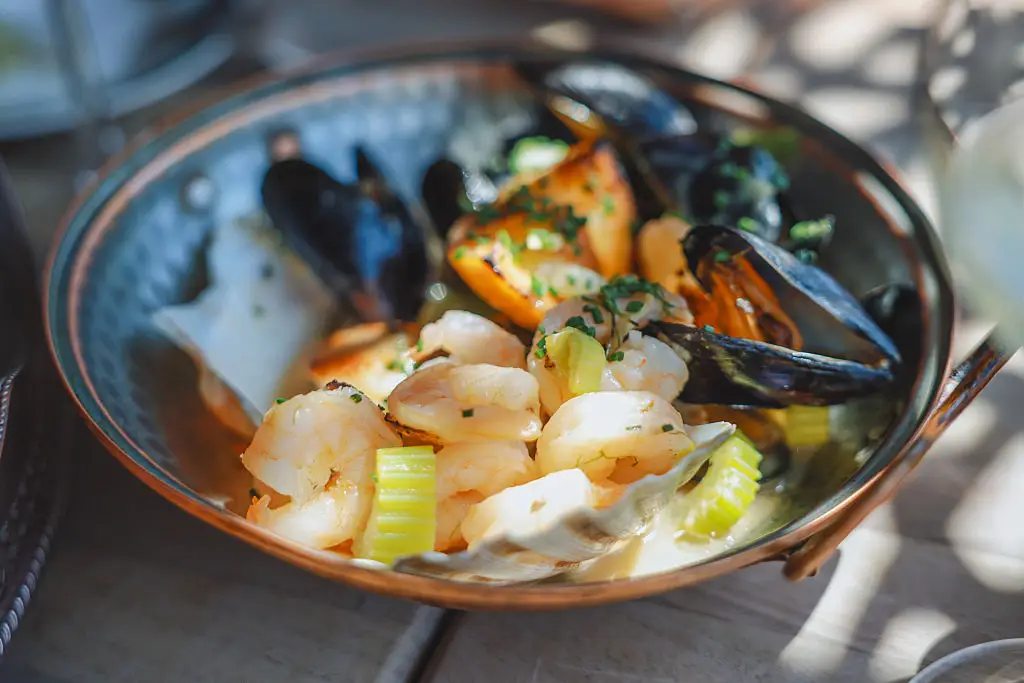
Shellfish lovers, rejoice—shrimp, crab, and lobster deliver both indulgence and nutrition. These ocean delights are naturally high in cholesterol, with a 3-ounce serving of shrimp containing around 160 milligrams. Decades of conventional wisdom suggested steering clear of shellfish if you were watching your cholesterol, but that advice turns out to be oversimplified. While shellfish are rich in cholesterol, they’re low in saturated fat—the real culprit when it comes to raising bad LDL cholesterol levels for most people.
4. Organ Meats (Liver, Kidneys)
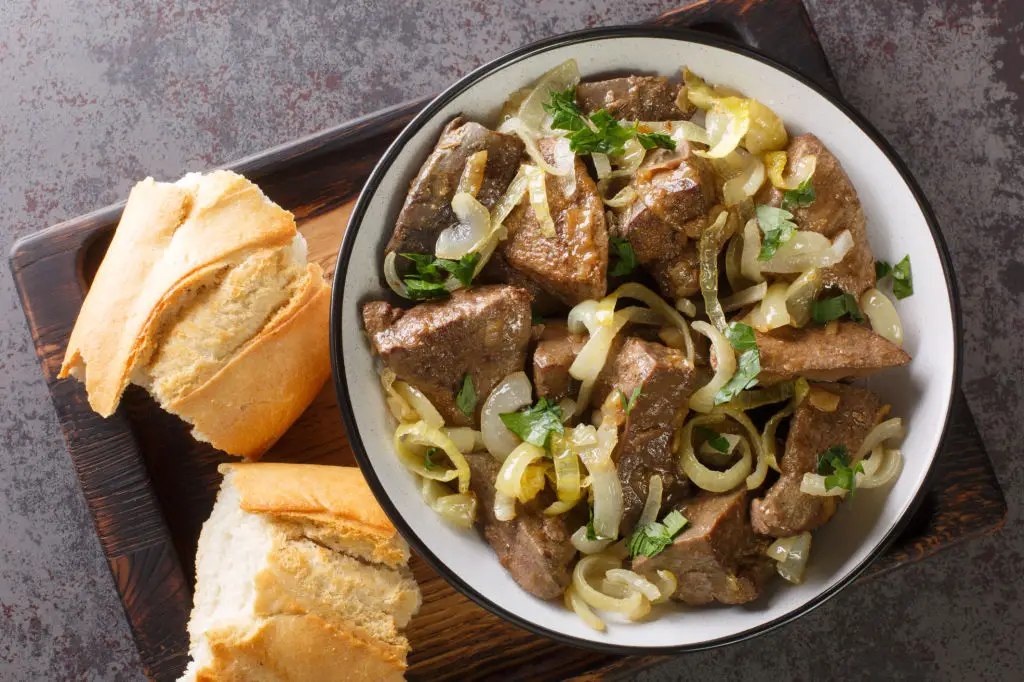
Organ meats, like liver and kidneys, might make some people squeamish, but they are nutrient powerhouses with a unique profile. Liver in particular is loaded with cholesterol—a single 3-ounce slice can offer several hundred milligrams. Yet, it’s also one of the richest sources of vitamin A, several B vitamins (notably B12 and folate), iron, and selenium. Eating organ meats occasionally provides the body with nutrients that are sometimes hard to get elsewhere, contributing to energy, red blood cell health, and even mental clarity.
5. Full-Fat Dairy (Cheese, Yogurt)
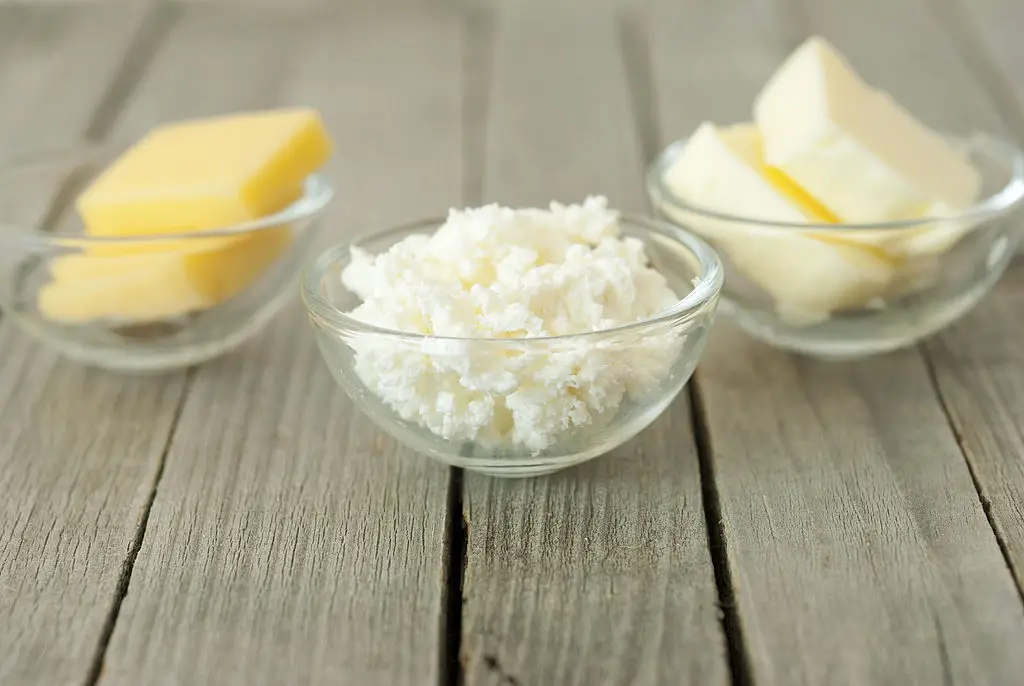
Many people have been taught to fear full-fat cheese, yogurt, and other creamy delights because of their cholesterol and saturated fat content. Yet research has turned this thinking around. Recent studies show that full-fat dairy, eaten as part of a healthy dietary pattern, does not generally raise heart disease risk in healthy adults. In fact, some fermented dairy foods (like yogurt and certain cheeses) may improve gut health and even lower inflammation. A slice of cheddar or a scoop of Greek yogurt delivers more than just flavor—it’s a source of protein, calcium, probiotics, and essential fatty acids.
6. Myth #2: The Real Problem is Not Cholesterol, It's Inflammation

For years, cholesterol was branded the main “enemy” of heart health. But leading researchers now point to chronic inflammation as a bigger threat. It’s true—most heart attacks are linked to persistent, low-grade inflammation caused by high blood pressure, smoking, uncontrolled blood sugar, or highly processed food, rather than by dietary cholesterol alone. This means that the foods you choose—as part of an anti-inflammatory, fiber-rich diet—matter much more than one piece of shrimp or cheese.
7. Dark Chocolate
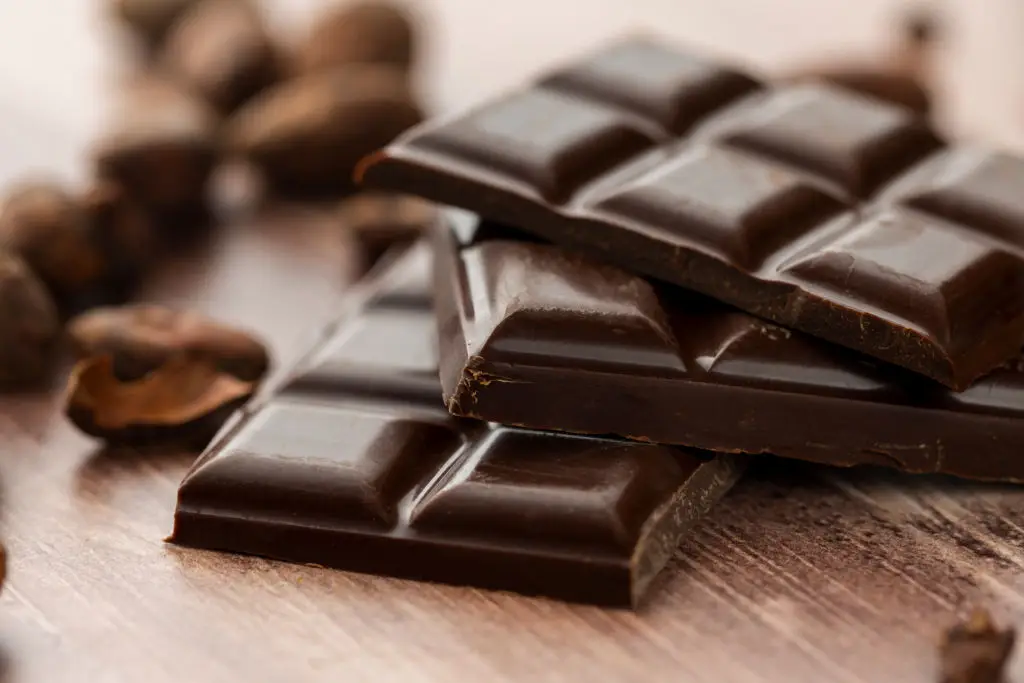
There’s some good news for those with a sweet tooth: dark chocolate isn’t just a treat—it’s also surprisingly nutritious. While it contains moderate amounts of cholesterol (especially if made with milk or cream), dark chocolate is loaded with antioxidants called flavonoids, which fight inflammation and protect against cell damage. Studies have linked dark chocolate consumption (in sensible amounts, like a small square or two per day) with improved heart health, better blood flow, and even boosted mood.
8. Red Meat (Lean Beef, Lamb)
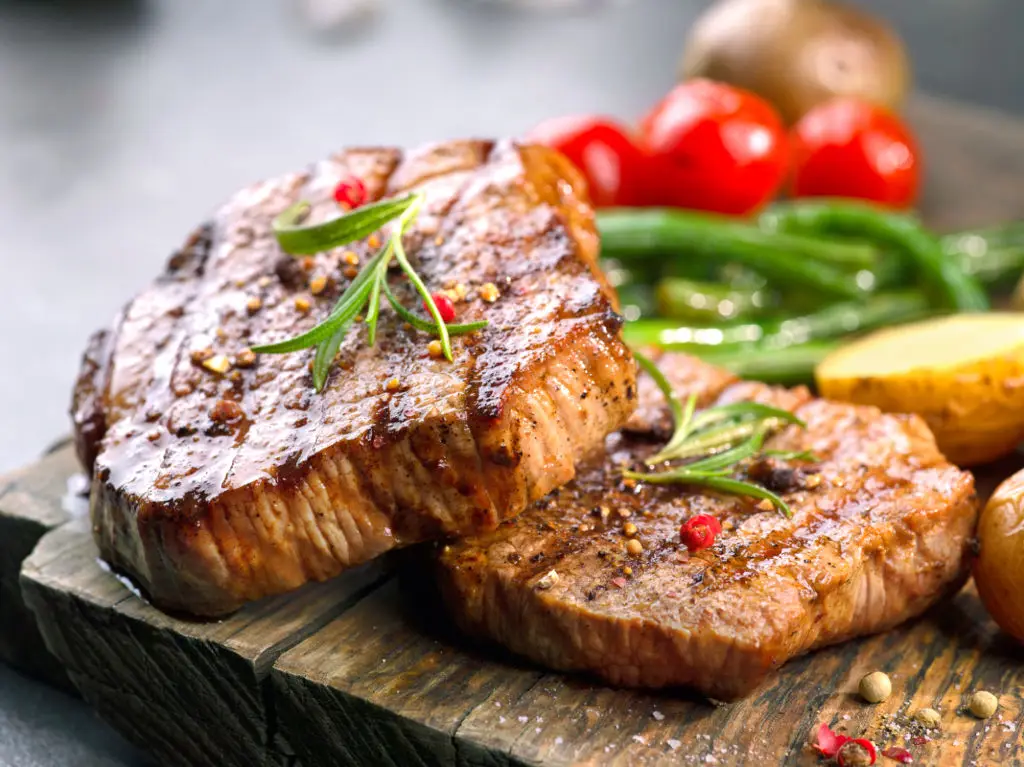
Red meat gets a mixed reputation for many reasons—including its cholesterol and saturated fat content. However, the story is far more nuanced. Lean cuts of beef and lamb are nutrient-dense, supplying high-quality protein, zinc, iron, and vitamin B12. The latest research suggests that moderate consumption of lean, minimally processed red meats can fit into a heart-friendly eating plan for many people. What often matters more is how the meat is prepared (baked or grilled is better than fried) and the size of the portion.
9. Myth #3: Dietary Cholesterol Recommendations Have Changed
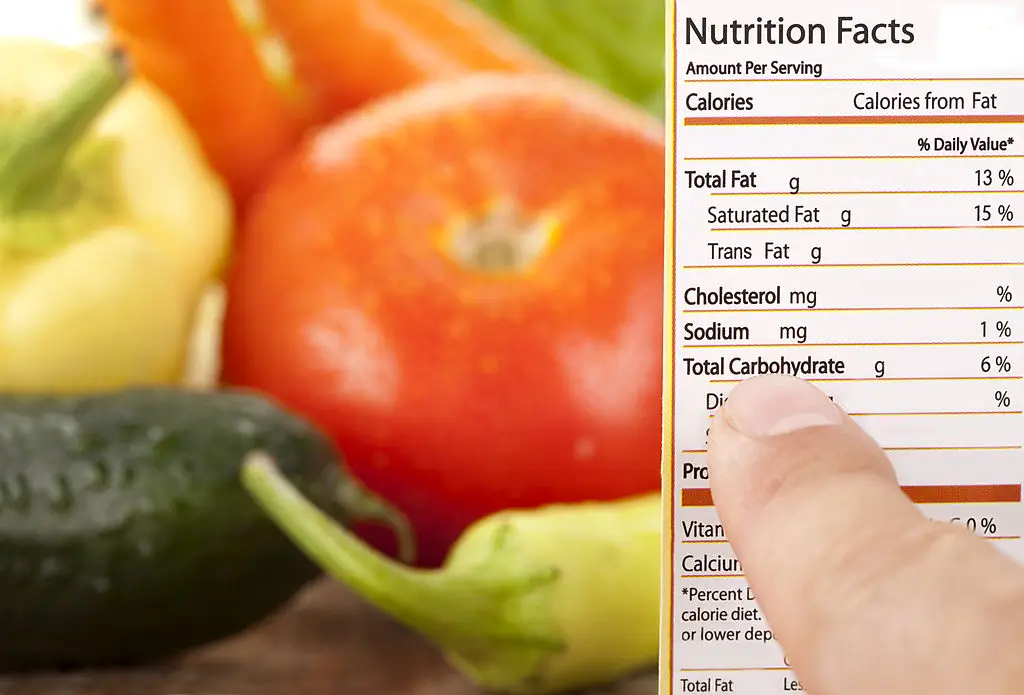
Not long ago, nutrition guidelines came with strict limits on how much cholesterol you should eat—a rule that had many people skipping not just eggs, but entire food groups. That advice has shifted with new evidence. Major heart and health organizations no longer recommend universal cholesterol limits for most Americans. Instead, the focus is on dietary patterns—like eating more fiber, fruits, vegetables, and less processed food.
10. Coffee

While coffee itself is cholesterol-free, it contains natural compounds called diterpenes—found mostly in unfiltered brews (like French press, espresso, or Turkish coffee)—that can raise blood cholesterol when consumed in large amounts. But here’s where balance comes into play: moderate coffee intake (around three to four cups per day) is linked with a range of health benefits including a lower risk of stroke, Parkinson’s disease, and type 2 diabetes.
11. Bonus Food: Sardines & Fatty Fish
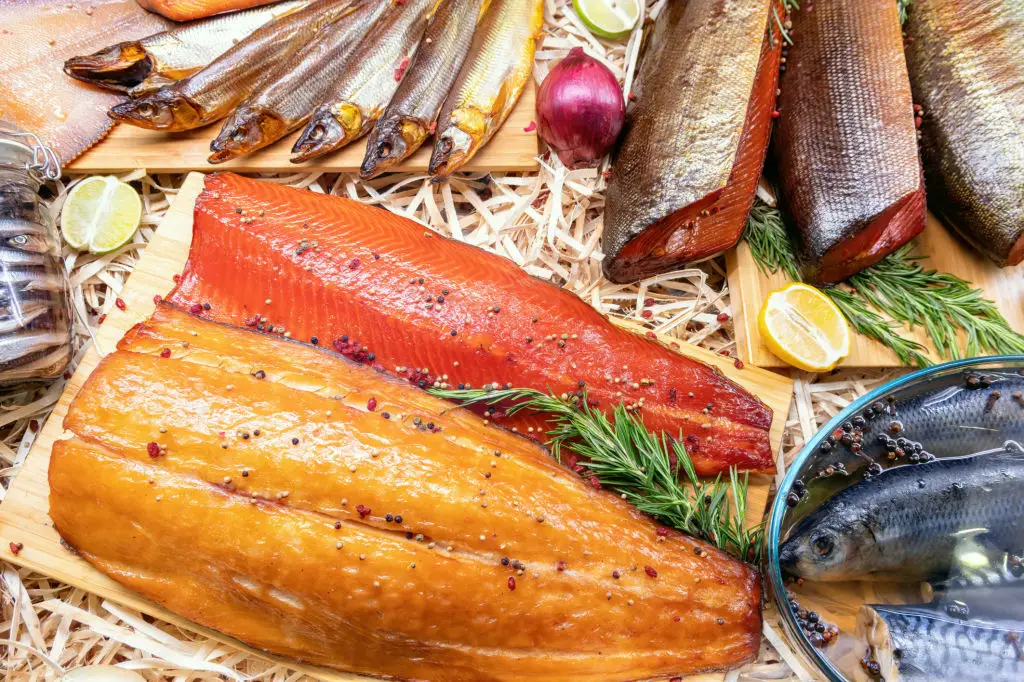
Sardines, salmon, and other fatty fish are often overlooked in conversations about cholesterol, even though they can contain moderate amounts. What really sets these fish apart is their profound heart-protective benefits. Rich in omega-3 fatty acids, these foods actually help lower triglycerides, reduce inflammation, and support healthy blood vessels, tipping the overall balance in favor of your heart.
Embracing Wisdom, Not Worry, Around Cholesterol

Navigating nutrition advice can feel like a full-time job, especially when old beliefs about cholesterol resurface. Yet as science advances, so does our opportunity to let go of unnecessary food fears. The real message isn’t that cholesterol doesn’t matter—but that its context in a diverse, colorful diet matters much more. Foods once flagged as forbidden—eggs, shellfish, cheese—each offer a bouquet of nutrients that our bodies can use for energy, repair, and overall well-being.